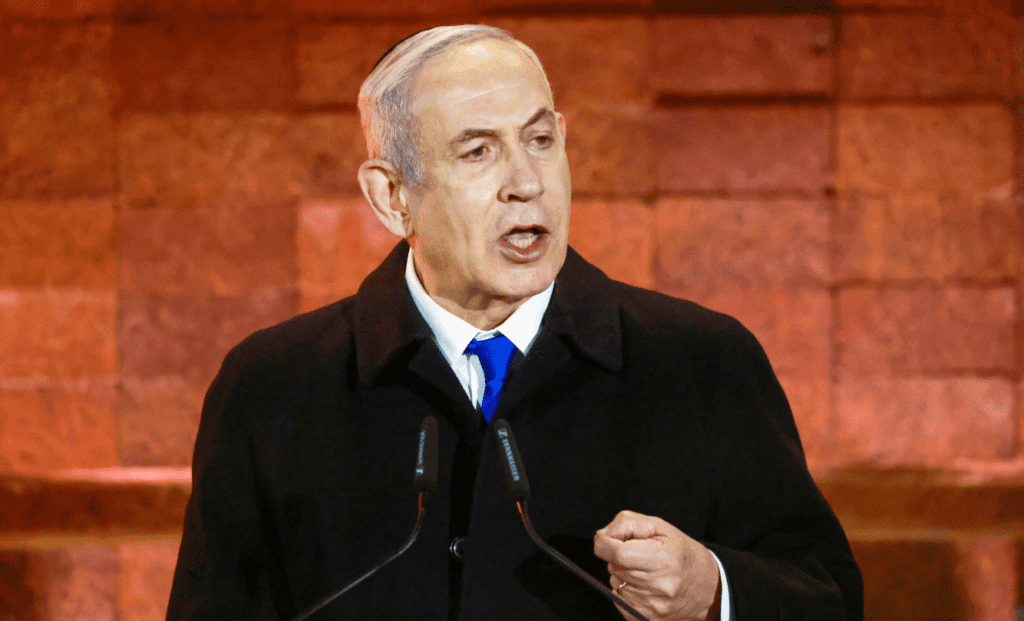Israeli Prime Minister Benjamin Netanyahu declared that Israel would “fight with our fingernails” if necessary, in response to US threats to limit arms deliveries should the Israel Defense Forces (IDF) launch an offensive in the southern Gaza city of Rafah.
Netanyahu made the statement after ceasefire talks between Israeli and Hamas delegations in Cairo ended without agreement.
While it was unclear whether the negotiations had completely collapsed or were merely paused, Netanyahu’s comments suggested a hardline stance.
Hamas indicated that Israel’s next move would determine the direction of the conflict, with the group stating that “the ball is now completely” in Israel’s court.
The inability to reach a ceasefire agreement raised concerns of a potential Israeli attack on Rafah.
Netanyahu’s reaction seemed to dismiss warnings from US President Joe Biden, who had indicated that an offensive in Rafah would result in the US withholding bombs and artillery shells.
“If we have to stand alone, we will stand alone. If we need to, we will fight with our fingernails. But we have much more than fingernails,” Netanyahu asserted.
He referenced Israel’s fight for independence and the 1948 arms embargo, pointing to the strength and unity that led to victory.
Despite the tough rhetoric, Netanyahu attempted to strike a more reconciliatory tone during an interview with American talk show host Dr. Phil.
He acknowledged that while Israel and the US have had disagreements, they’ve managed to work through them.
“I hope we can overcome them now, but we will do what we have to do to protect our country,” he said.
The US administration had hoped for progress in hostages-for-ceasefire negotiations, following Hamas’s announcement of accepting a proposed deal.
However, the specifics of the agreement remained unclear, and Israel expressed skepticism about Hamas’s intentions.
Despite this, both sides sent delegations to Cairo to continue the talks, with Israel setting out its reservations to Hamas’s proposals.
An Israeli official, speaking anonymously to Reuters, stated that Israel’s delegation was returning from Cairo, signaling that discussions had concluded and Israel would continue with its operations as planned.
Hamas left Cairo as well, claiming Israel “rejected the proposal submitted by the mediators and raised objections to it on several central issues,” though the specific points of contention were not disclosed.
Meanwhile, the CIA director, William Burns, also departed Cairo, but the White House clarified that his exit was part of his schedule, and other delegates remained in discussions.
“Burns is departing the region as previously scheduled, but interlocutors from other delegations are still in discussions in Cairo, so those talks are still going on,” stated John Kirby, the national security spokesperson.
Despite ongoing talks, the US seemed less optimistic about averting an offensive into Rafah, with President Biden warning that such a move could lead to further restrictions on US arms supplies to Israel, including halting the delivery of certain bombs.
However, the IDF spokesperson, R Adm Daniel Hagari, affirmed that the Israeli military was equipped to carry out its operations without additional US support.
